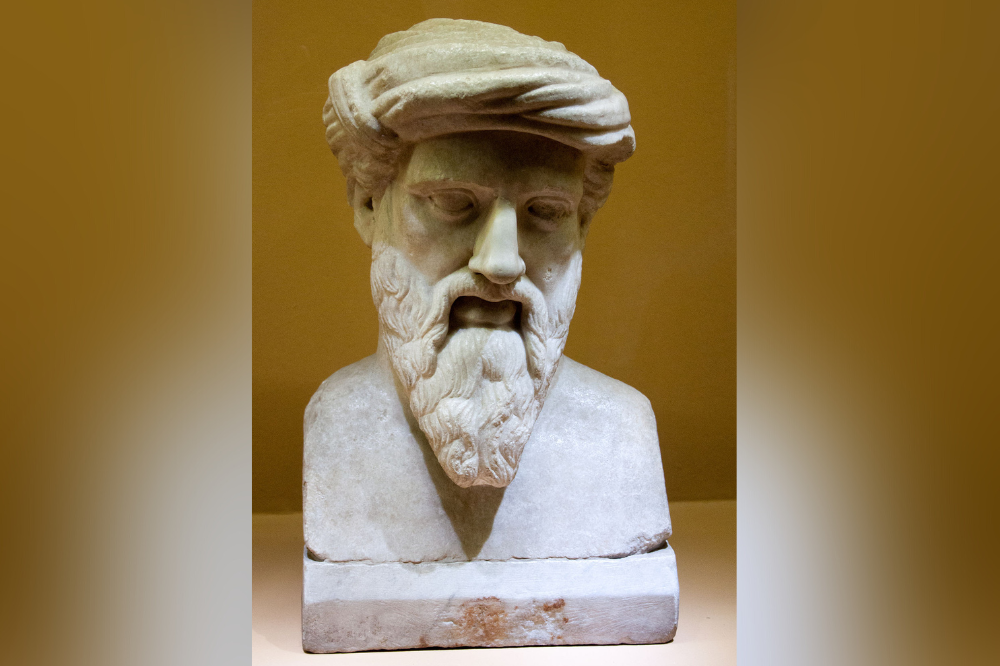
Pythagoras may be well known for his mathematical equations but the academic who lived more than 2,500 years ago was also ahead of his time when it comes to educating young Australians, according to education expert Professor Terry Lovat.
Professor Lovat, who worked on the national framework for Values Education in Australian Schools, will speak about the benefits of this type of approach at an international summit on the Gold Coast.
“About 2500 thousand years ago, Pythagoras knew there were two things that helped students achieve,” he said.
“First the student needed to feel cared for and personally supported and second they needed a balanced curriculum tailor made to their learning strengths.”
Prof Lovat said this philosophy lies at the heart of values-based education and under this sort of approach teachers and students are happier, behaviour problems and absences are reduced and student learning improves.
Despite this long-standing knowledge, Australian schools appear reluctant to implement this type of approach to education, he said.
“We have let this precious commodity called education become captive to all sorts of agendas, including political ones, which have nothing to do with what is best for student achievement and wellbeing.”
“Our teachers and principals are suffering the effects. Our schooling is suffering the effects and in the end our society will suffer the effects.”
The conference, Embracing Education with Heart, will bring together international experts on education on the Gold Coast on November 5 and 6, 2022.
Conference organisers Ron and Suwanti Farmer, are the founders of the Toogoolawa School at Ormeau, which educates boys aged 9-15 years who no longer attend or are no longer welcome in mainstream schooling. The school employs a values-based education approach to deal with this situation.
Other speakers include Dr Neil Hawkes who introduced values-based education to 1000 schools in the UK and Europe.
Farmer said the ethos of Tooloogawa School was that teachers place equal focus on the development of the character of children as well as their academic performance.
“We have seen that our approach has a powerful effect on the boys who are at risk, and we believe it would have a similar effect on all children,” he said.
Farmer said the conference will offer useful information to teachers, academics, trainee teachers and anyone who is passionate about reforming education.
He would like to see mainstream schools change their approach in a number of ways, but one simple thing would be changing the books which are read as part of the English curriculum.
“At the moment many schools use books like Day of the Triffids in their English classes,” he said.
“It might be an interesting story, but it does not teach students anything of value. They need to be reading books like The Diary of Anne Frank or the biography of Malala Yousafzai who was shot in the head by the Taliban.
“These are inspiring young people who have overcome adversity and children learning to read should be learning to read these types of stories which imbibe higher values.”
This article originally appeared as a media release from the Australian Academy for Human Excellency.


